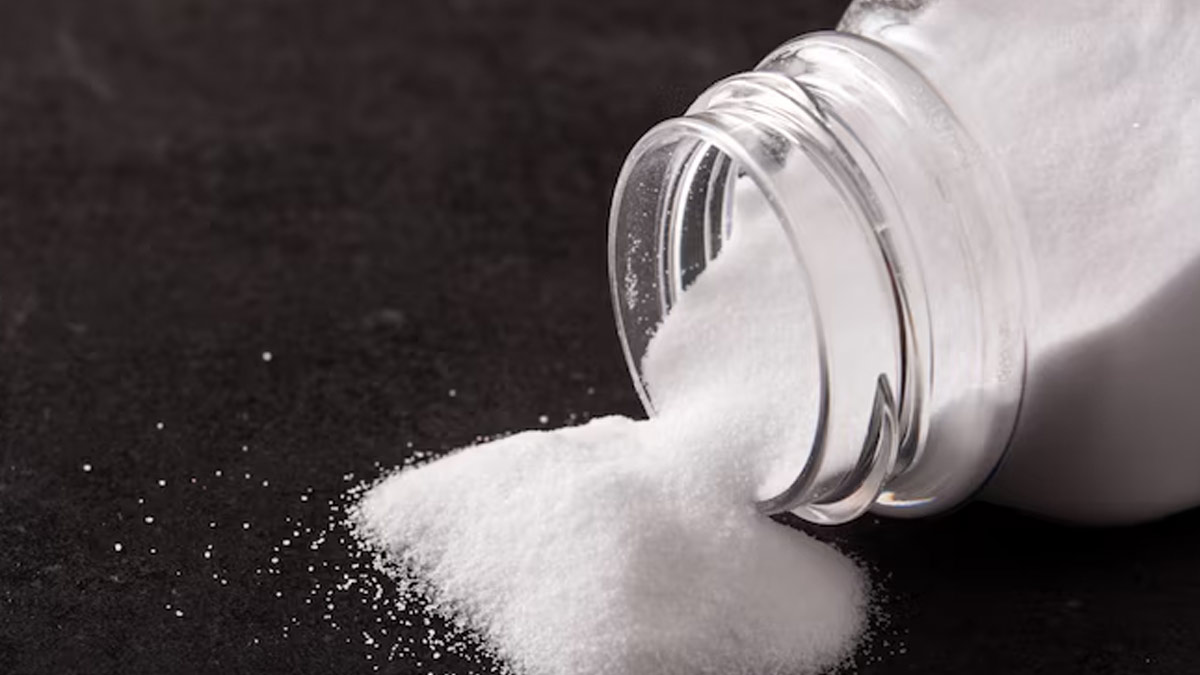
India is a country with a diversified variety of food and the most essential and common staple in Indian cuisine is salt. Salt is rich in iodine which is an essential mineral for our body. However, people consume this relatively harmless additive in excessive amounts, and it is deeply troubling that it is having a negative impact on young people’s overall health.
Table of Content:-
Salt is the most known culprit in increasing the chances of hypertension but the kidney problems caused by it are often overlooked. Shockingly, more and more youngsters are suffering from kidney diseases and the villain here is salt.
Recent studies have shown the proportion of chronic kidney disease has risen rapidly in adults in India about 17% of the total population. However, what makes it worse is that this is not only confined to the elderly but a vast number of the youth as well.
To get an in-depth understanding of this, OnlyMyHealth interacted with Dr Prakash Chandra Shetty Urologist from Dr L H Hiranandani Hospital, Powai, Mumbai. According to Chandra, a survey conducted by the Indian Society of Nephrology shows that as much as 25 percent of individuals between 25 to 40 years, have signs of impaired kidney function, a situation that calls for more concerted effort in combating this public health issue.
Excessive Salt Consumption

There are many causes of kidney related illnesses but the use of a lot of salt has been identified as one top factor. Dr Chandra said, “Taking a closer look at the Indian daily food consumption, it is observed that most of the snacks, breakfasts, dinners and street food contain concealed forms of salt provoking a high consumption of sodium.” As per World Health Organization (WHO), the prescribed amount of salt per day should not exceed 5 grams which is approximately equal to the quantity of one teaspoon but research reveals that the average Indian consumes nearly 10 grams of salt daily.
Also read: Are You Prone To Kidney Stones? Expert Advises To Avoid These Foods
Effects of Salt on Kidneys

Dr Chandra explained, “An overloaded kidney consumes more salts in its efforts to maintain a balance in the whole body. Although the human body requires sodium in limited quantities for its functions, the problem arises when the body intakes more sodium than it can handle and excrete, resulting in sodium build-up in the bloodstream, putting more pressure on the kidneys to regulate the quantity of fluids in the body.” Adding, he said, “Over the years, this subject pressure will cause them to develop complications such as high blood pressure, inflammation, and even scarring of the kidney tissues meaning their filtering capacity will be affected.”

Although people nowadays understand the necessity of keeping the intake levels of sodium low, it can be quite challenging to define all the possible various sources of this product. Even these edible products when processed and packed with sauces such as hamburgers and even chutneys and pickles can contain high levels of salt. Additionally, the consumption of foods with sodium in snack form and beverages’ consumption among the young people is common which worsens the situation.
Also read: Rising Problem of Kidney Disease: Prevention and Management Tips
Conclusion
Research and surveys have shown that high salt intake is taking a toll on the health of the majority of the population. WHO has also labelled salt as “Global Killer”. Hence, it is necessary for the young adults to keep a check on what they are eating in order to ensure kidney health. Giving a word of advice, Dr Chandra said, “By changing their eating and activity level, use of various preventive measures, and living a healthy lifestyle in general, with the focus on consuming less or no processed foods loaded with salt, millennials and Gen Z can lead the way to a healthier tomorrow.”
Also watch this video
How we keep this article up to date:
We work with experts and keep a close eye on the latest in health and wellness. Whenever there is a new research or helpful information, we update our articles with accurate and useful advice.
Current Version